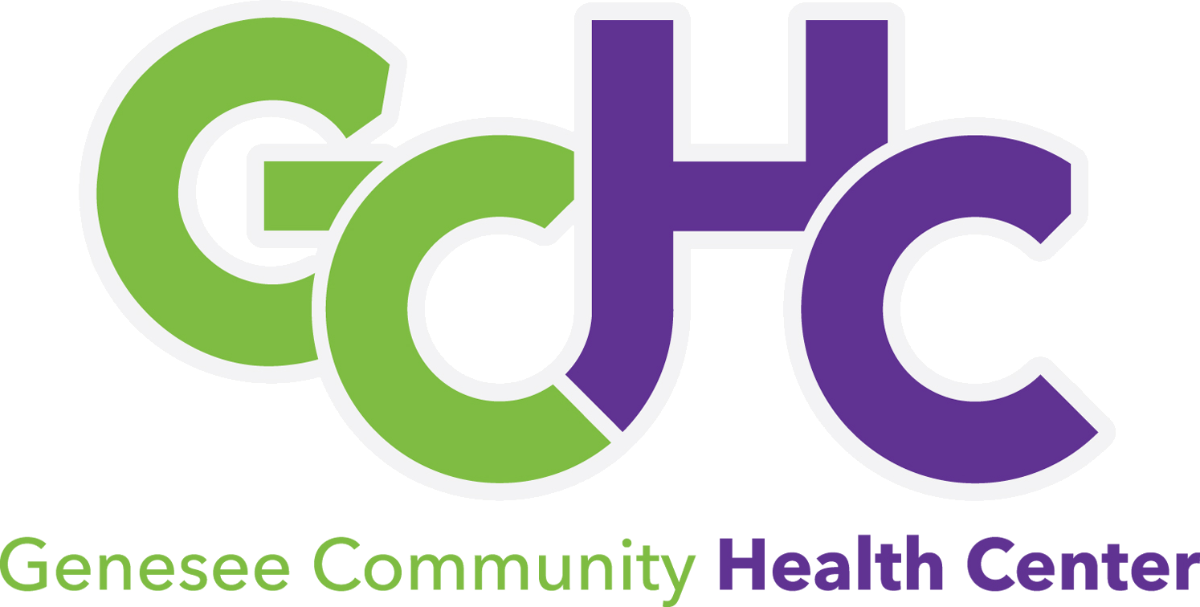Adult Medication Clinic
The Adult Medication Clinic provides a combination of services which include medication administration, medication review and evaluation, AIMS testing, psychiatric evaluation, and health screens. Medication Clinic services are provided by psychiatrists and registered nurses.
The majority of individuals utilizing the Medication Clinic are also receiving services in other mental health, developmental disability, or substance use programs, either internally or from the network provider panel or other community resources.
OBRA Services
Omnibus Budget Reconciliation Act (OBRA) of 1987 is a federally mandated program that ensures appropriate placement of individuals in a nursing facility who have a mental illness and/or intellectual/developmental disability. The nursing facility, hospital or community agency initiates the process for the OBRA Team to begin an evaluation if needed.
Assertive Community Treatment
The Assertive Community Treatment (ACT) program is designed to provide intensive outreach treatment to adults with serious mental illness so they may live independently and productively in their communities. ACT services use a multidisciplinary team approach and provide acute, active, and ongoing community-based treatment, assertive outreach, rehabilitation, and support. Crisis intervention, case management, community-based rehabilitation services, therapy, and help with housing, basic needs, and activities of daily living (ADL) are also provided.
Case Management
A case manager or support coordinator is a staff person who helps write an individual’s plan of service and makes sure the services in that plan are delivered. His or her role is to listen to a person’s goals and to help find the services and providers (inside and outside the local Community Mental Health services program) that will help individuals achieve their goals. The supports coordinator or case manager may also connect a person to resources in the community for employment, community living, education, public benefits, and recreational activities.
Transportation may be provided to and from a person’s home in order for him or her to take part in a non-medical, Medicaid covered service.
Respite Care Services provide short-term relief to the unpaid primary caregivers of people eligible for specialty services. Respite provides temporary alternative care, either in the family home or in another community setting chosen by the family.
Community Living Support Services is used to help maintain, increase, or achieve a person’s goal of community inclusion and overall independence.
Clubhouse Services
Clubhouse Services are programs where members (consumers) and staff work side by side to operate the clubhouse and encourage participation in the greater community. Clubhouse programs focus on fostering recovery, competency, and social supports, as well as vocational skills and opportunities.
Consultative Services
Consultative Services, which include nursing, dietary, psychology, occupational therapy, and physical therapy, are open to all populations served by GHS. Eligibility for Consultative Services is based on medical necessity.
The purpose of Consultative Services is to inform, assist, and educate consumers, caregivers, and their families to plan their care and treatment in order to achieve greater independence. The consultant’s role is to assess and make recommendations based on an individual’s physical, behavioral, and mental health needs in order to meet and maintain an optimal level of health and safety.
Skill Building Services
Skill Building Services consists of activities that assist a consumer to increase their economic self-sufficiency and/or to engage in meaningful activities such as work, school, and/or volunteering.
Supported/Integrated Employment Services
Supported/Integrated Employment Services provide initial and ongoing supports, services, and training (usually provided at the job site) to help adults who are eligible for mental health services find and keep paid employment in the community.
Housing Services
Community Housing provides a wide range of housing-related services to eligible consumers directly through Genesee Health System and its Network for the purpose of promoting and supporting individual independence and greater community integration.
Evidence-Based Programs
(DBT) Dialectical Behavior Therapy is an evidence-based treatment and a type of cognitive behavior therapy that combines acceptance and change strategies to help individuals build a “life worth living”. DBT was originally used to treat chronically suicidal individuals, and is now the treatment of choice for Borderline Personality Disorder, but has also been shown to help treat individuals with a wide range of mental illnesses. DBT utilizes weekly individual sessions along with weekly skills training groups, and 24-hour phone coaching to help individuals decrease impulsive behaviors and difficulty managing emotions by developing more skillful behaviors.
(IMR) – Illness Management and Recovery is an evidence-based therapy program that helps people learn to manage their mental illness. The IMR model is based on research that shows that by learning more about managing illnesses, people who have experienced psychiatric symptoms can take important steps toward recovery, reduce relapses and hospitalization, reduce stress from symptoms, and use medications more consistently. Anyone with some interest in recovery and increasing mental stability can benefit from participating in IMR, individually or in a group. Participants will learn basic information about mental illness, how to identify triggers, positive coping skills, and strategies to get their needs met in the mental health system. This treatment takes place weekly over the course of about 6 months. During this time, participants are encouraged to build natural support and get them involved in their ongoing treatment.
(TREM) Trauma Recovery and Empowerment Model is an evidence-based treatment designed for women who have experienced trauma. It is a program run by women, for women to help them understand their trauma experience better and focus on moving forward in recovery. The program works to help support women, empower women, and teach them new skills. This is typically done through structured group therapy sessions where there is no pressure to participate, and those that decide to share their stories can do so in a safe and supported environment.
Assisted Outpatient Treatment (AOT) Program
The GHS AOT Program acts as a centralized informational and monitoring system for all AOT orders in Genesee County. The AOT Program offers direct services and support for AOT-related concerns. For more information about the program or for referrals, click here.

